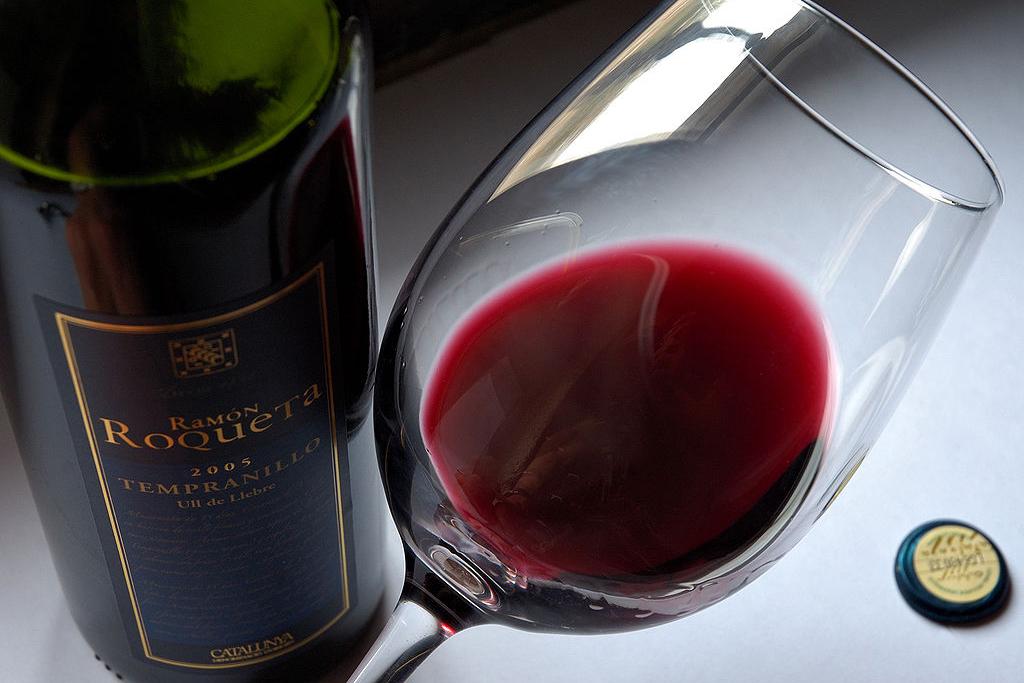Red wine may help block fat cell formation
A compound found in red wine has been found to block fat cells from developing – a finding that might open doors to new ways of controlling obesity.
A compound known as piceantannol, present in red wine was found by researchers at Purdue University to stop fat cells from developing, a finding that may pave the way for new advances in weight loss.
Resveratrol turns into piceatannol when consumed, which was found to be effective in stopping fat cells from maturing.
Kee-Hong Kim, an assistant professor of food science, and Jung Yeon Kwon, a graduate student in Kim's laboratory, said that piceatannol would bind to the receptors of immature fat cells and block their ability to mature, according to the Daily Meal.
According to Science Daily, piceatannol is also present in different amounts in red grape seeds and skin, blueberries, passion fruit, and other fruits.
More from GlobalPost: Popcorn packs more antioxidants than fruits and veggies
The next step in testing this finding is creating an animal model.
The hope is that piceatannol can be preserved for long enough in the blood stream to prevent fat cells from forming in the long run.
The findings of the study can be found in the Journal of Biological Chemistry.
The story you just read is accessible and free to all because thousands of listeners and readers contribute to our nonprofit newsroom. We go deep to bring you the human-centered international reporting that you know you can trust. To do this work and to do it well, we rely on the support of our listeners. If you appreciated our coverage this year, if there was a story that made you pause or a song that moved you, would you consider making a gift to sustain our work through 2024 and beyond?
